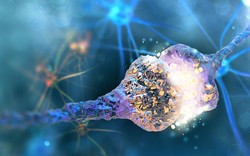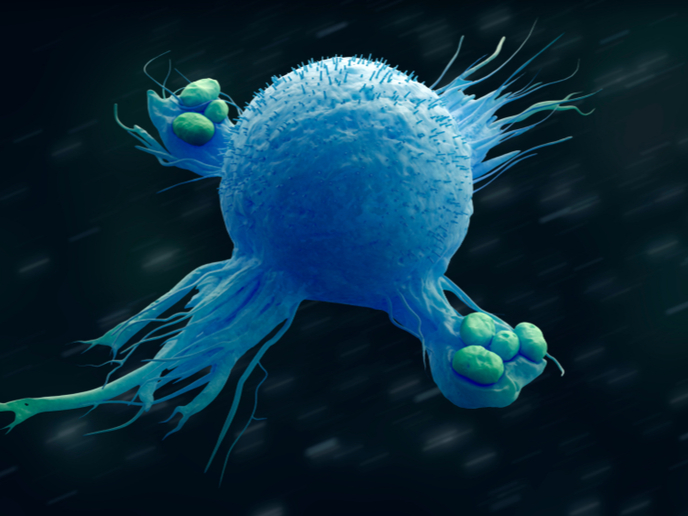Protein homeostasis in neurons
Neuronal synapses possess 100-500 protein species that range in their copy number at individual synapses. To maintain neuronal synaptic function, the synthesis, trafficking and degradation of these proteins must be tightly regulated. Although there is a direct association between protein homeostasis and changes in the cell body and synaptic proteome, it is as yet unclear how these two processes are coordinated. Traditionally, it was assumed that all the proteins required for neuronal function were synthesised in the neuronal cell body. However, recent reports have challenged this perception by demonstrating local protein synthesis in axons and dendrites. This further suggests that protein synthesis and degradation machinery must be present in the same subcellular compartment, and must be coordinated to achieve the necessary protein concentration. The scope of the EU-funded NEURONALPROTEOSTASIS (Synaptic stability and modifiability: protein synthesis and degradation in neurons) project was to understand how protein synthesis and degradation work together to facilitate neuronal plasticity. In addition, scientists wished to study the interaction of protein synthesis and degradation specifically in dendrites. Project activities focused in particular on the ubiquitin proteasome pathway, one of the major pathways of protein degradation. Using proteasome inhibitors, researchers discovered a dramatic decrease in protein synthesis following inhibition of protein degradation. Interestingly, this decrease in general protein degradation was accompanied by an increase in the synthesis of specific proteins. When scientists looked more closely into the nature of this observation, they found a chemical compound capable of reversing the halt in protein synthesis following proteasome inhibition. Collectively, the findings of the NEURONALPROTEOSTASIS project lay the foundation for future studies into the specific coordination of protein synthesis and degradation in neuronal dendrites. A deep understanding of this interaction in post-mitotic cells such as neurons will help to understand how these cells deal with stress conditions. This is of vital importance given that proteasome dysfunction is associated with Parkinson's and Alzheimer's diseases.







